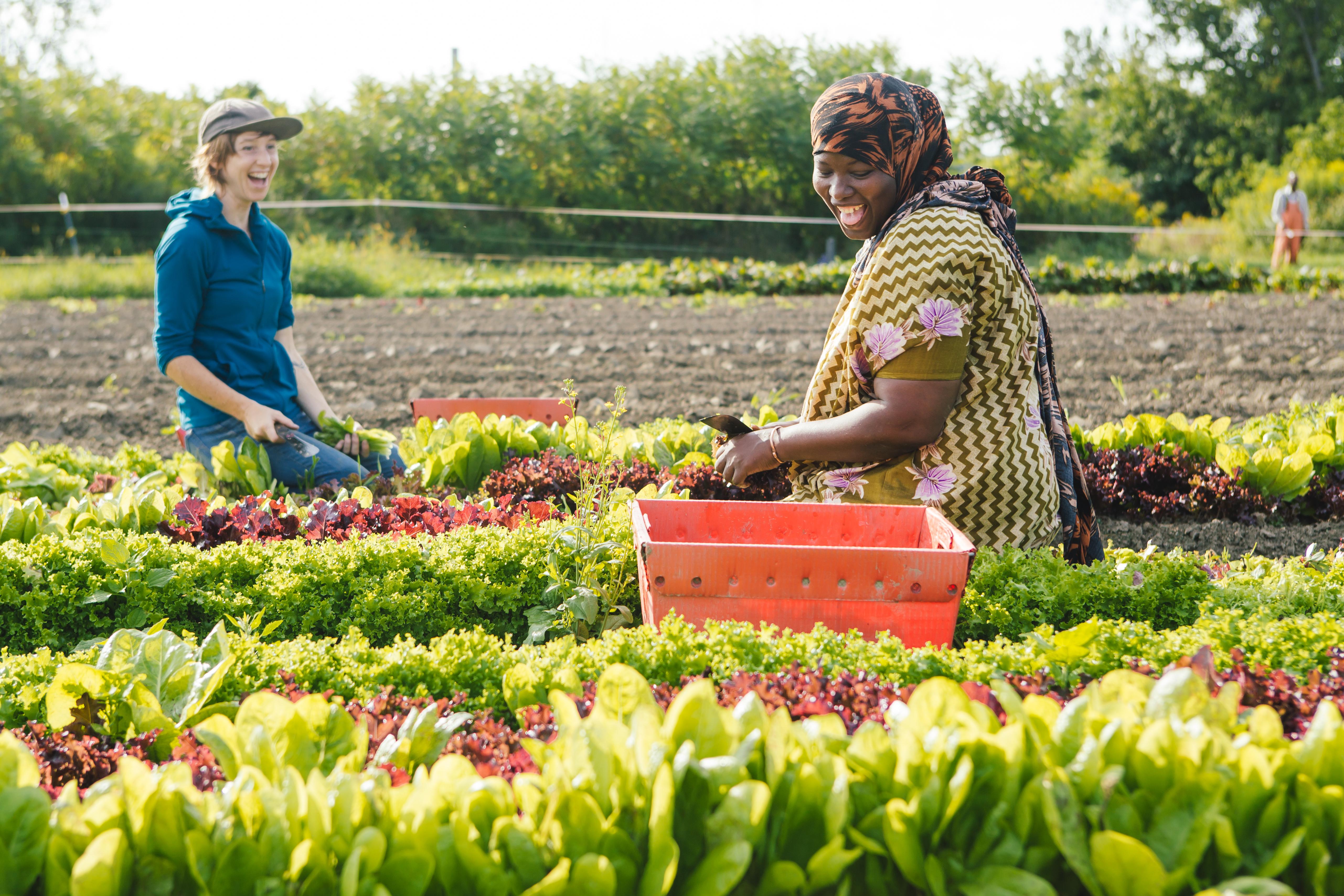Whetstone Magazine debuted in the spring of 2017 with the mission of championing food to expand human empathy. Whetstone works with a team of global creatives representing over a dozen countries. As a minority-owned publisher, we’re proud to say this venture is led by a team of women and people of color. We believe that diversity isn’t just noteworthy, it’s what makes our work so essential. When the gatekeepers are diverse, so too are the stories, its tellers and their experiences. This diversity accelerates our collective knowledge and empathy. Whetstone is unequivocally and gratefully a better publication because of it.
